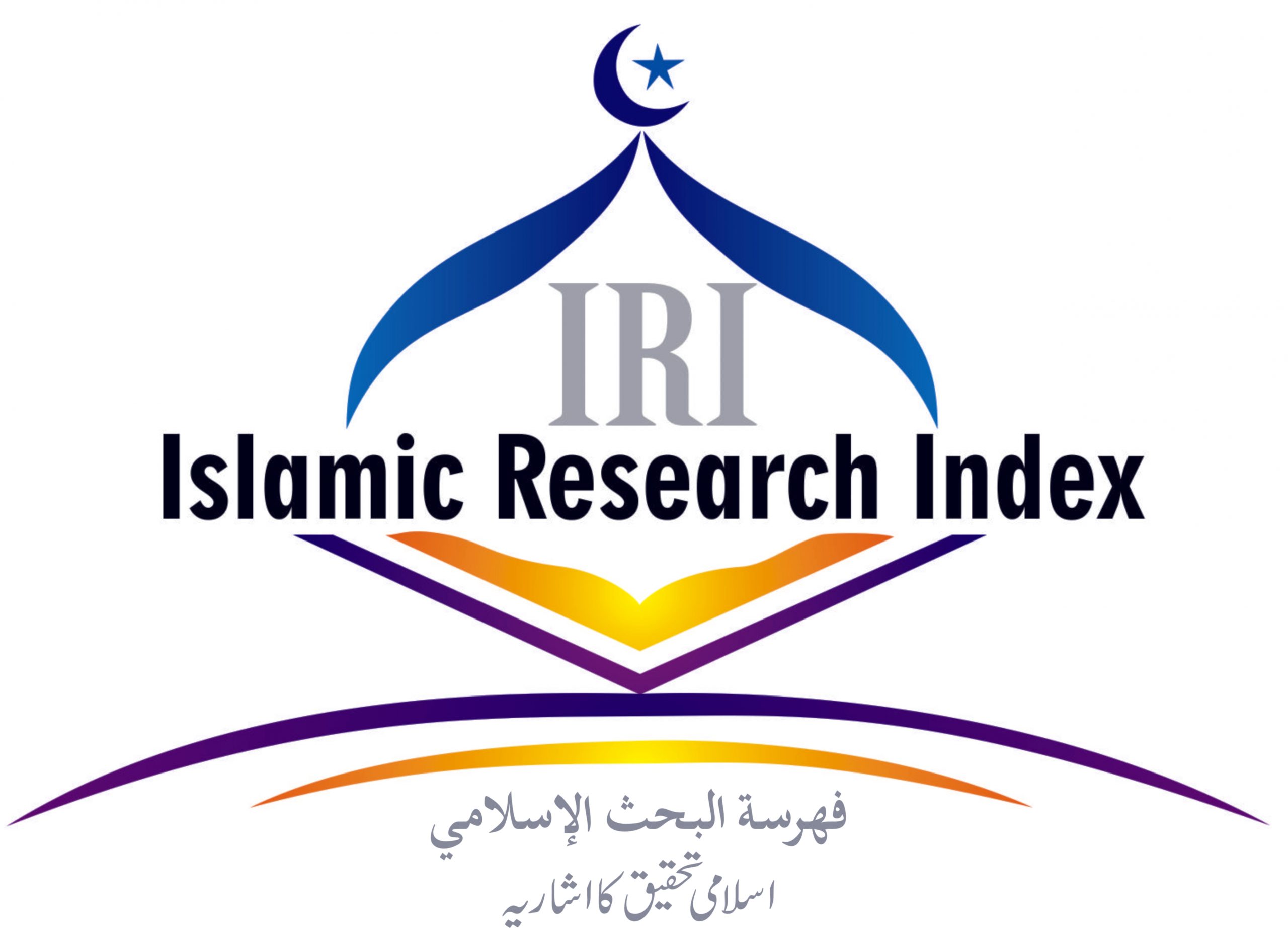The Role of Digital Literacy In Distance Education: A Gender Based Analysis Of Learning At Islamic (Madrasah) School In Pakistan
Abstract
This paper explores the role of digital literacy in distance education, focusing on gender-based differences in learning outcomes and engagement at the Islamic (madrasah) school level in District Taunsa Sharif, South Pakistan. With the rapid shift towards digital platforms for education, understanding how digital literacy impacts male and female students differently has become crucial. The study employs a quantitative research methodology, including in questionnaire with teachers and students from various Islamic (madrasah schools in the region. The first objective is to analyze the impact of digital literacy on learning outcomes among male and female students in distance education. The findings reveal that students with higher levels of digital literacy tend to perform better academically, but significant gender disparities exist. Male students often have greater access to digital tools and resources, contributing to better learning outcomes compared to their female counterparts, who face cultural and societal constraints.The second objective is to evaluate engagement levels based on gender using digital literacy tools. The study finds that while digital literacy enhances student engagement, female students often exhibit lower levels of participation due to limited access to technology and societal expectations. However, when provided with equal opportunities and resources, female students show comparable levels of engagement to male students, underscoring the importance of addressing gender inequalities in digital access. There were 996 secondary teachers in all, all of them were Islamic (madrasah school teachers from the district of Taunsa Sharif. A questionnaire was used to gather the quantitative data. The acquired data was analyzed by dividing the demographics of the respondents into percentages. Expert opinion and the Cronbach Alpha score were used to verify the questionnaire's validity and reliability during the test's pilot phase in Taunsa Sharif district.



